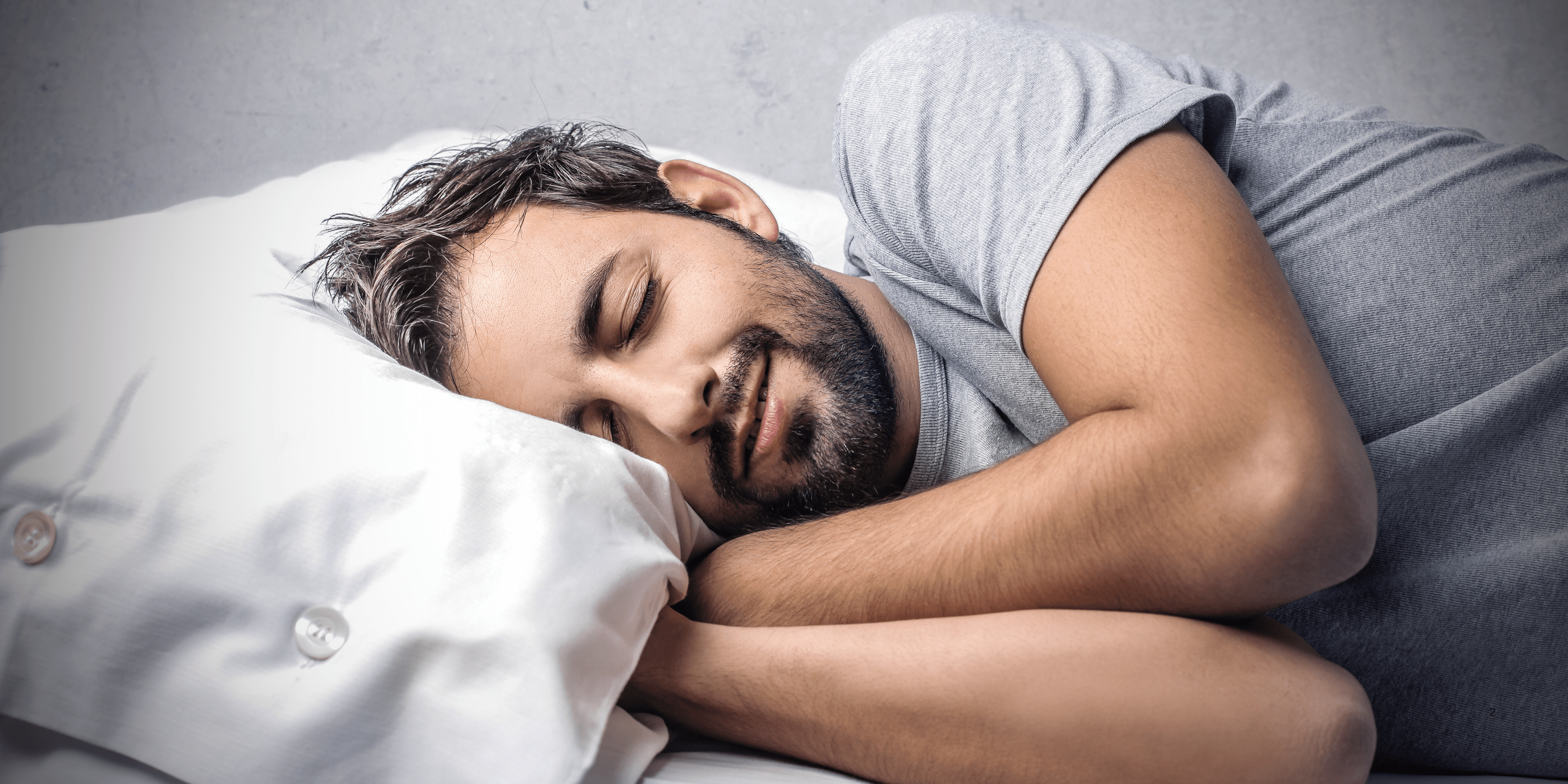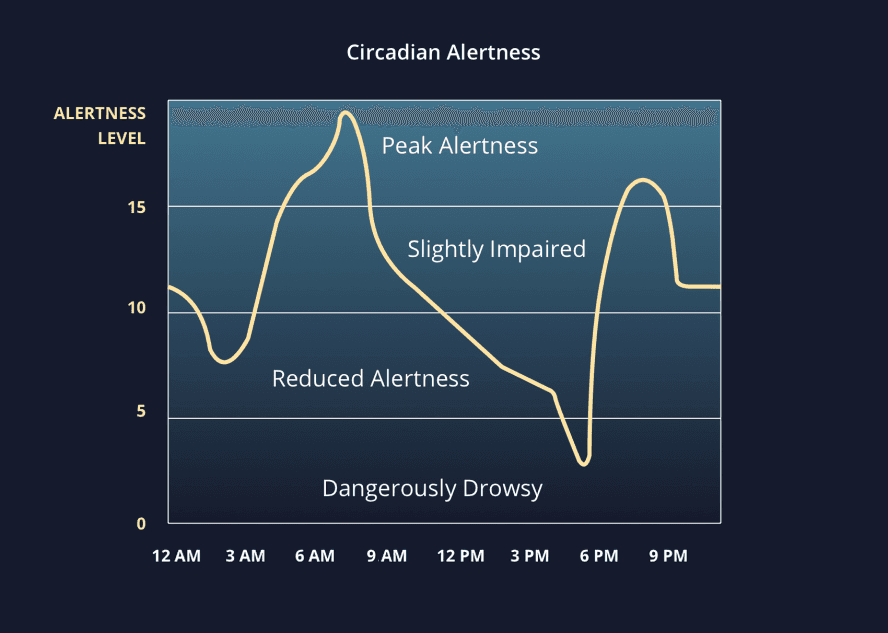
“
The science behind sleep reveals that this daily routine is much more than just rest—it’s a critical biological function that supports our brain, body, and emotions. From memory formation to immune defense and even emotional stability, sleep acts as the body's internal reset. Scientists continue to uncover the profound connections between good sleep and overall well-being. 1
1
”
Ancient Greek physician Hippocrates believed sleep was when the body rebalanced itself, allowing restoration. Modern research shows sleep regulates hormones and strengthens brain function. 1
The glymphatic system, active mainly during deep sleep and metabolic waste from the brain—one reason why quality sleep might protect against neurodegenerative diseases like Alzheimer’s. 2
Sleep boosts immune response; studies show people who sleep fewer than six hours a night are more likely to catch colds and recover slowly from illnesses due to weakened immunity.3

The circadian rhythm is a 24-hour internal body clock influenced by light and darkness. It tells you when to feel sleepy or alert and governs hormone release and temperature regulation.
Melatonin, known as the “sleep hormone,” is released when darkness falls. It lowers body temperature and signals your brain to prepare for sleep by promoting calmness and slowing activity. 4
Poor sleep disrupts leptin and ghrelin—the hormones that control appetite—making sleep-deprived people feel hungrier and prone to overeating, contributing to weight gain and poor metabolism regulation. 5
Sleep affects emotional processing in the amygdala, the brain's emotional center. Without enough rest, it becomes more reactive, causing you to overreact to stress and negative situations. 6
The first stage of sleep, non-REM stage 1, is very light; you can be awakened easily. It only lasts a few minutes and prepares your brain for deeper, more restorative stages. 7

Newborns can sleep up to 16–18 hours per day because their brains and bodies are growing rapidly. Sleep in infants directly supports physical development and early learning skills.
Insomnia, the inability to sleep or stay asleep, affects millions worldwide and is linked to anxiety, depression, and even cardiovascular disease if not managed with healthy sleep hygiene. 8
Sleep apnea causes breathing interruptions during sleep, reducing oxygen supply. It can cause fatigue and mood changes and increase the risk of heart disease or stroke if left untreated. 9
Teenagers naturally have a delayed sleep cycle and tend to fall asleep later due to hormonal shifts during puberty. That’s why early school times may impair their focus and mood. 10
Studies show that people who get seven to nine hours of sleep consistently perform better on tasks requiring concentration, decision-making, and memory compared to sleep-deprived individuals. 11
Sleep supports the brain’s neuroplasticity—its ability to adapt and reorganize. After learning something new, sleep helps solidify those pathways, making it easier to recall and apply knowledge later. 12
Jet lag happens when your internal body clock doesn’t match your new time zone. It can disrupt hormone rhythms, cause fatigue, and require days for your sleep cycle to stabilize again. 13

Night shift workers often suffer from circadian rhythm disorders. Working against natural sleep cycles can raise risks for obesity, diabetes, depression, and even some types of cancer, like breast cancer.
Power naps lasting 10–20 minutes can boost alertness, reduce fatigue, and improve performance without causing sleep inertia, which happens when you nap too long and wake up groggy. 14
Sleeping in a completely dark room improves melatonin production and sleep depth. Even small amounts of light can interrupt your sleep cycle and affect your body’s restorative functions. 15
Dreaming may help you sort emotional experiences. Some researchers believe dreams simulate potential future scenarios, preparing your brain to deal with challenges in real life more effectively. 16
Aristotle believed sleep was a physical separation of soul and body to refresh life. Modern neuroscience now finds that sleep does indeed restore brain chemistry and emotional stability for the next day. 17


